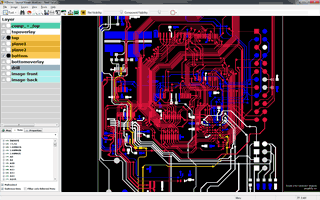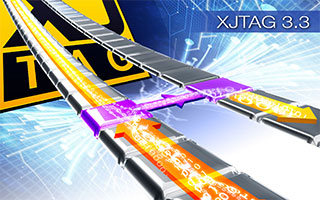Welcome to the XJTAG support blog
This is your go-to space for tips, insights, and updates straight from the XJTAG development and support team. We’re here to help you get the most out of your XJTAG system by sharing our knowledge, experience, and best practices. You’ll find posts highlighting particular features of the different software packages that make up the XJTAG development system or aspects of the XJEase language.
Have a topic you’d like us to cover or a question you want answered? Let us know!
For product updates check out the Updates Hub.
Terminations to a reference voltage in XJTAG
This post is to clarify how to specify terminations to a reference voltage in XJTAG. There are two special classes of passive device in XJTAG which represent termination resistors. […]
1149.6 testing in XJTAG
1149.6 testing is coming of age, and though XJTAG has supported IEEE Std. 1149.6 since software version 2.1 (released in 2008) it seems to us that 1149.6 devices are becoming much more common in the last couple of years. […]
Windows XP support
Windows XP was released in October 2001 and has been one of Microsoft’s most successful operating systems. […]
Layout Viewer Visualisation
Having lots of information is great, but sometimes the most difficult thing is displaying that data in a meaningful way. We have created two new information overlays for Layout Viewer, allowing you to visualise test coverage statistics or live pin data from Analyser on your board layout. […]
Introducing Dynamic Chains
‘Dynamic Chains’ is a term we’ve coined to describe a test system that has the ability to drive more that 1 JTAG chain configuration. This may be possible if it has multiple chains driven by different TMS or TCK pins, or a single chain that has multiple JTAG device variations (for example using a Scan Bridge). Before v3.3, XJTAG projects could only represent a single [...]



